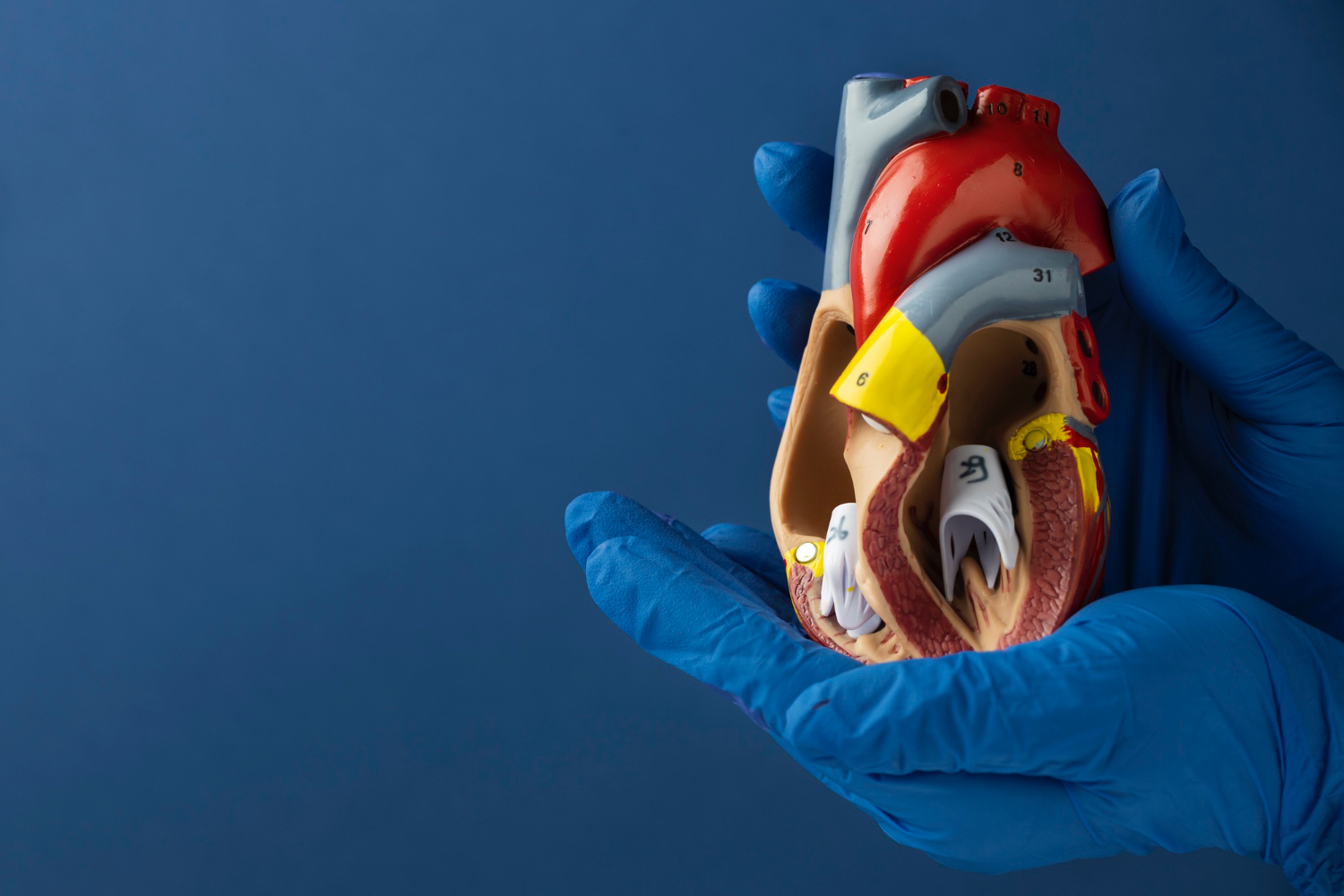Introduction:
Organ transplant tourism is the practice of traveling to another country to receive an organ transplant, often due to long waiting lists or legal restrictions in one’s own country. While this may seem like a convenient solution for those in need of a life-saving procedure, there are numerous risks and ethical concerns associated with this practice.
Risks of Organ Transplant Tourism:
One of the biggest risks of organ transplant tourism is the potential for receiving an organ from an unregulated or unethical source. This can lead to complications such as organ rejection, infections, or even transmission of diseases. Additionally, the quality of medical care and follow-up treatment may not meet the same standards as in one’s home country, leading to further health complications.
Ethical Concerns:
Organ transplant tourism raises serious ethical concerns, particularly regarding the exploitation of vulnerable populations. In some cases, organs may be obtained through coercion, deception, or financial incentives, leading to a situation where the most vulnerable individuals are being exploited for their organs. This raises questions about the ethics of organ procurement and the responsibility of both patients and healthcare providers in ensuring that organ transplants are conducted ethically and legally.
Realities of Organ Transplant Tourism:
Despite the risks and ethical concerns, organ transplant tourism continues to be a reality for many individuals in need of life-saving procedures. The reality is that for some patients, the option of traveling abroad for an organ transplant may be the only viable solution due to long waiting lists or legal restrictions in their home country. This highlights the need for more effective organ donation systems and regulations to ensure that patients have access to safe and ethical transplant procedures.
In conclusion,
Organ transplant tourism presents numerous risks and ethical concerns that must be carefully considered by both patients and healthcare providers. While it may seem like a convenient solution for those in need of a transplant, the realities of organ transplant tourism highlight the need for more effective organ donation systems and regulations to ensure that patients have access to safe and ethical transplant procedures.

Leave a Reply